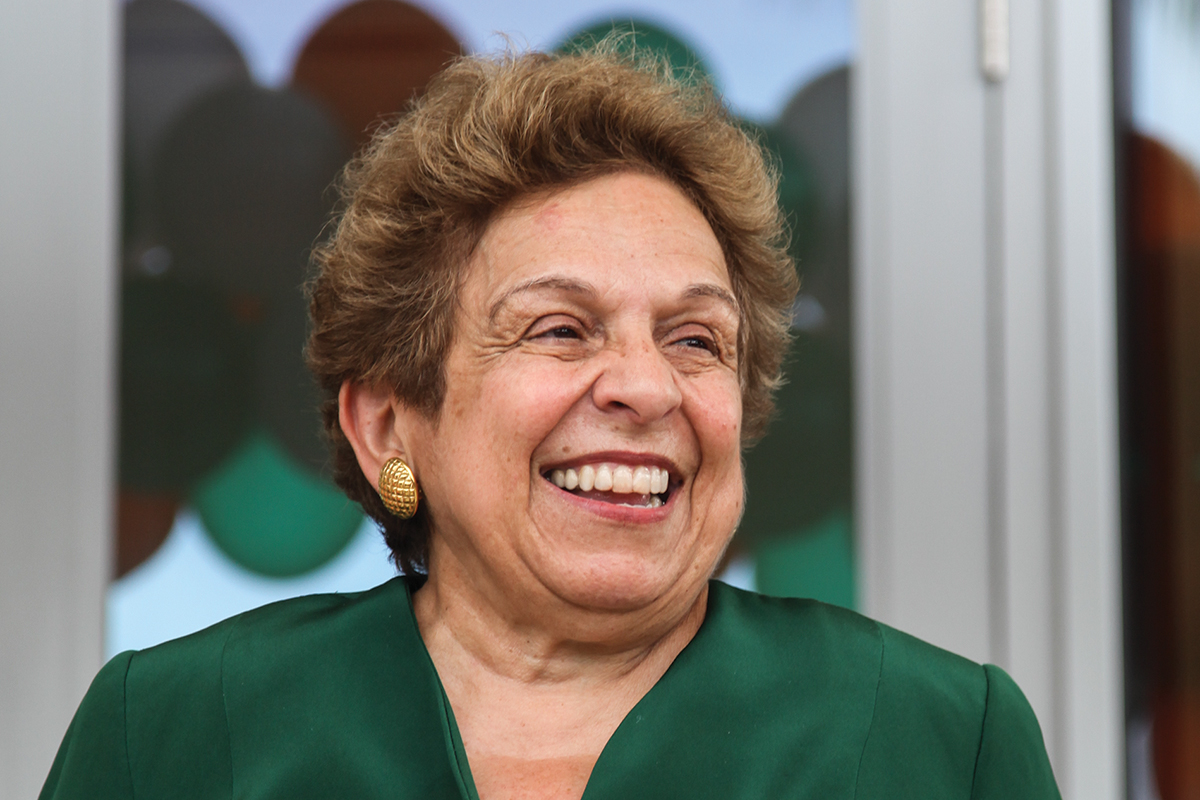Students with university health insurance may be able to find a more comprehensive plan at a cheaper price when the insurance exchange marketplace set up by the Affordable Care Act (ACA) opens up Tuesday.
University of Miami President Donna E. Shalala, who served as Secretary of Health and Human Services under former U.S. President Bill Clinton, spoke to student media at a press conference and offered her insight into Obamacare, what it means for students, and where they should go for more information.
Before the health care coverage takes effect on Jan. 1, she urges students to educate themselves about the upcoming changes to the insurance market.
Students can gain a sense of the subsidies for which they may be eligible at kff.org/interactive/subsidy-calculator. Additional information can be found at healthcare.gov, which describes the health insurance marketplace, explains how to enroll, and breaks down the different types of coverage.
What is your advice for students looking to buy their own health insurance?
“They’ve got to get online, and young people are better at that than old people. They’re going to have to get online on Tuesday and take a look and plug in their income, if they have any, and see whether they’re eligible for the insurance. They’ll find out two things: whether they’re eligible and how much it’ll cost. They’ll be able to model it. It’s pretty straightforward. And listen, we don’t have a student that can’t do that. … They ought to be interested in a giant step in social policy. And they ought to see whether they’re eligible.”
How will the ACA impact our own health center here on campus?
“The one thing is that all preventive health care is now going to be free. You may still have to file your health insurance plan because we may collect from them, but for you, it will be free. So for our students, it will reduce the number of co-pays on the preventive side, which’ll be good. Anything we can do to save you $5, we’ll save it.”
How does student health insurance accommodate students with pre-existing conditions?
“Our health insurance does not discriminate. It doesn’t charge you more if you have pre-existing conditions. We treat every student that enrolls the same, at the same price.”
Students may feel secure that they’re covered under their parents’ insurance until age 26, but what if their parents are uninsured? and what happens when we turn 27?
“This plan takes care of that. That is, their parents will be able to buy affordable health insurance all across the country. They’ll get subsidized if their incomes are under 150 percent of poverty, and the students will be able to buy health insurance, when they’re 27 or when they’re 21. Or actually, if they’re independent students, they will have access to subsidized health insurance. So they’ll be able to buy either the university’s health insurance – they must carry health insurance – or they’ll be able to go into the exchanges, but they’ll probably have to be independent. In Florida, until Florida accepts the Medicaid money, if their incomes are over 100 percent of poverty – I think that may be about $9,000 a year, but most of our working students make more than that. They’ll be able to go into the exchanges.”
Experts say that the exchange will only work if it fills up with healthy young people. Why would the ACA extend young adults on their parents’ plans to age 26 when they are the young people they’d want to attract?
“ … While I think it’s important to sign up young people, I think it’s extremely important to sign up young workers who don’t have access to health insurance. You do need some young people, but the truth is, you need people that don’t use much insurance. You need people that are healthy. It doesn’t make a difference whether they’re young or old. I know people age 65 that use very little insurance because they’re healthy. So what you want is for healthy people to sign up so that we can take care of the sick people when they need health care.
“ … If you have a pre-existing condition, you may get better coverage under the exchanges. In general, student health insurance is not terrific. It’s affordable, but it’s not terrific. And I want students, particularly those that are independent and that are working, to go check if they can get a better deal.”







